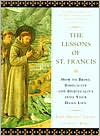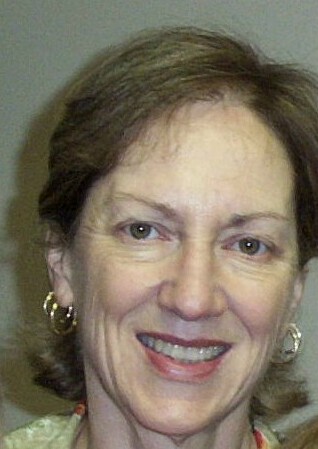
Our American society in particular has encouraged individuality to the detriment of community. So why, in our age of extreme individualism, fractured communications, and divisive leaders, would one advocate for a more communal life? Well, exactly BECAUSE our current world IS so divided along political, religious, moral, social, and economic lines. As Dr. Phil would say, “How is that working for you?” In answer, it doesn’t seem to be working all that well, so perhaps we need a different approach.
In real community (where each loves the other as he/she loves self), we can more clearly see our own faults exposed for correction. We learn that we can work together with others to promote growth for all of us. We learn that the folks who pointed out a weakness or fault are the same folks who support when support is needed. This seems to me to be a function of the primary community of civilization, the nuclear family.
From my standpoint as a public school teacher, I see the breakdown of the sense of community in the family as a major factor in the development of our self-centered society. In the past, parents provided for children exactly those benefits mentioned in the last paragraph. Too many of today’s parents focus so completely on building a “good self-image” in their children that they fail in their responsibility to insist that children become aware of and work to correct faults and strengthen areas in which they are weak. Parents often spend so much energy providing “activities” for children, taking them to and from multitudinous social functions, that they lose opportunities for the communication that provides support for children. Those children try to find support in peers – peers who have little life-experience from which to draw and a deficit of real desire for the long-term success of the friend who is seeking support.
I will climb down from my soapbox now.
Solomon said: “Two are better than one . . . If one falls down, his friend can help him up. But pity the man who falls and has no one to help him up! Also, if two lie down together they will keep warm. But how can one keep warm alone? Though one may be overpowered, two can defend themselves. A cord of three strands is not quickly broken.”
John Donne said, “No man is an island, entire of itself; every man is a piece of the continent, a part of the main.”
Christianity began as a communal movement. “All the believers were together and had everything in common. Selling their possessions and goods, they gave to anyone as he had need … ”
What message did I get from this chapter on the importance of “community” in a fulfilled life? This lesson of St. Francis reminded me that the family is the primary community of civilization. In trying to evaluate my performance as a member of community, I believe that I perform mostly successfully in this community. My family knows that I focus on the good olf all rather than just furthering my own interests. Other communities that I am a part of include: our church, our children's and grandchildren’s schools, and our neighborhood. I do not perform as well in these communities.
Today it is a challenge to find ways to live out a commitment to God along with a love for others; so I invite you, Reader, to join me in this evaluation process.
- Think of ways you can love and serve your family members and strengthen the bonds of love between you all.
- Think about how you can reach out in love to the people next door, your coworkesr, and other people with whom you come in contact each day.
- Explore ways you can become involved in working for the common good in your community and country.
Talbot ends this chapter of his book with this reference to an ancient monastic teaching that describes life as a boat, with our fallen world as a rough sea, community as a place of calm, and heaven as the safe harbor to which we ultimately sail.”







No comments:
Post a Comment